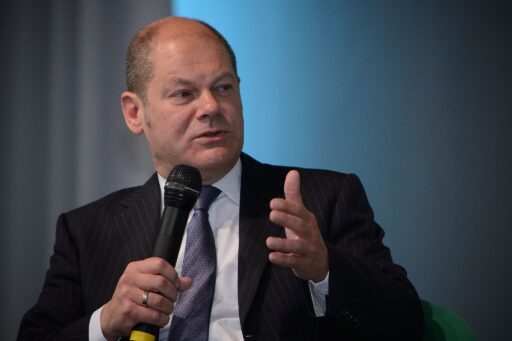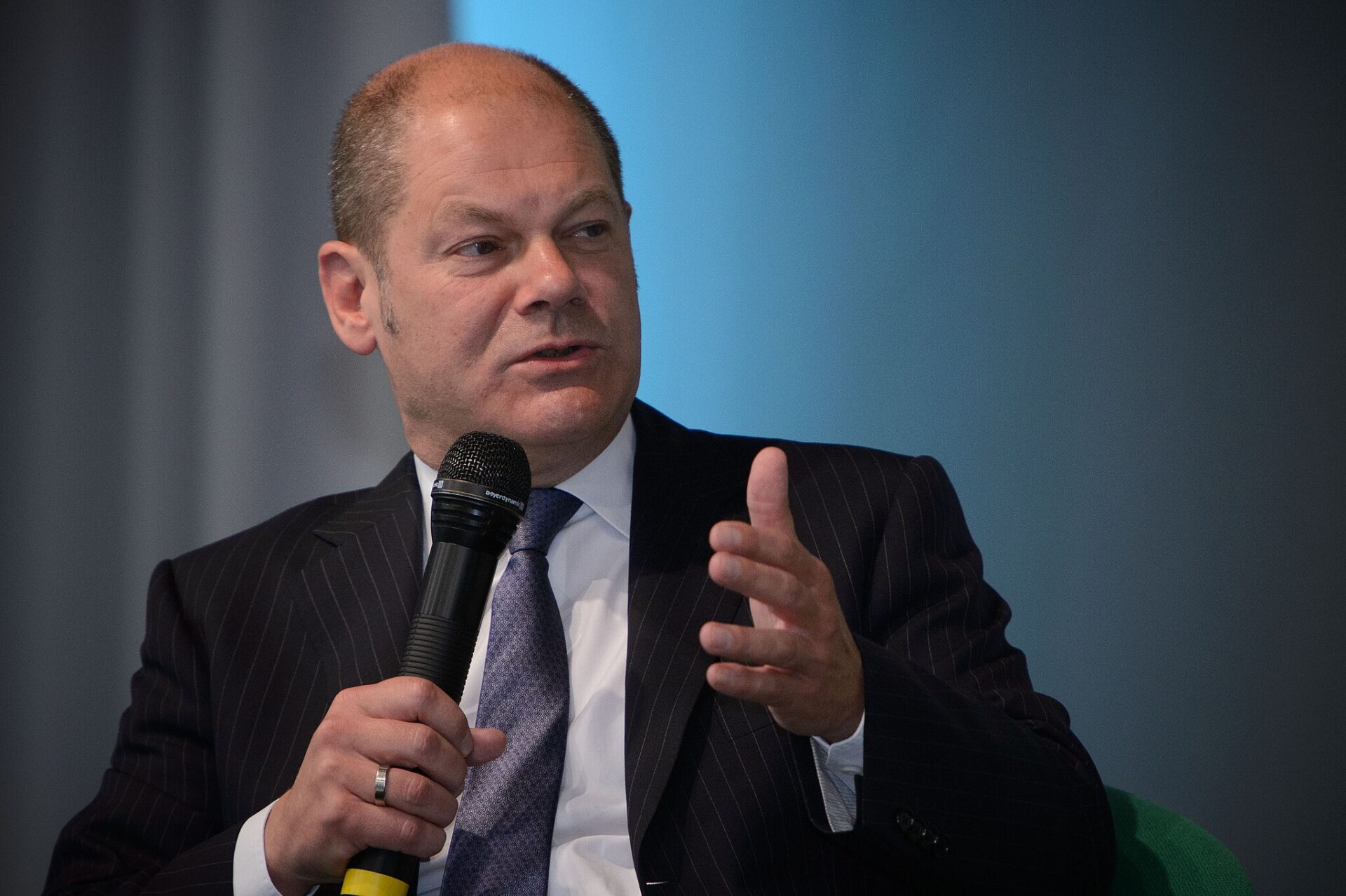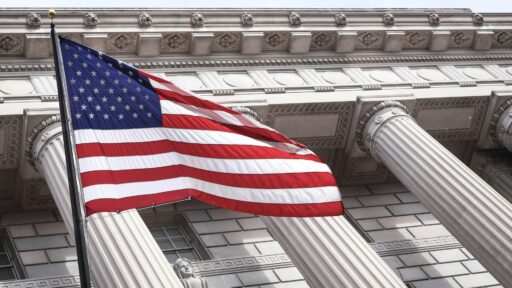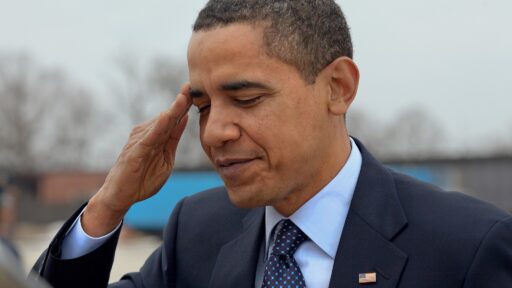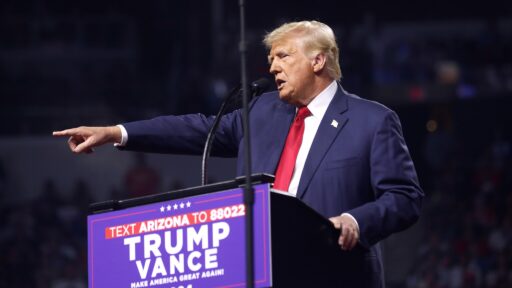World leaders are not happy about Trump’s plans.
As President-elect Donald Trump prepares to return to the White House for his second term, European leaders are already voicing their concerns about his foreign policy intentions, particularly regarding U.S. territorial ambitions and NATO’s future. German Chancellor Olaf Scholz recently issued a warning about Trump’s provocative statements on border changes, emphasizing the importance of respecting international boundaries.
Scholz, during a meeting with fellow European leaders, expressed “incomprehension” over Trump’s comments about potentially acquiring Greenland, a Danish territory, and his previous refusal to rule out the use of military force to control the Panama Canal. Although Scholz did not directly name Trump, he made it clear that such rhetoric was concerning to many European officials.
The German leader reaffirmed a long-standing international principle: borders should never be altered by force. He stressed that this principle applies universally, regardless of the size or power of the nation in question. Scholz further highlighted that respecting borders is foundational to international law and core Western values—something every nation, from Europe to the Americas, must uphold. His remarks were aimed at reinforcing the message that any aggressive moves, particularly those targeting sovereign territories, would undermine the global order and potentially destabilize international relations.
Trump’s rhetoric, particularly his earlier threats to withdraw the U.S. from NATO and his contentious stance on military spending by alliance members, has already drawn criticism from across the Atlantic. Germany, for example, has been at odds with Trump over defense contributions, as the former president repeatedly criticized countries, including Germany, for not meeting the 2% GDP defense spending target. Recently, Trump has upped the ante, calling for NATO members to increase their defense budgets to 5% of GDP.
Despite his plans to reassert American dominance, Scholz emphasized the critical role NATO plays in maintaining global security and cohesion. As Germany heads into a tense election season, Scholz’s remarks about Trump’s policy proposals underscore the growing anxiety in Europe about the future of the transatlantic alliance and the stability of international borders. With growing concerns about Russia and other global threats, European leaders remain cautious, hoping for a more diplomatic approach from the incoming U.S. administration.


